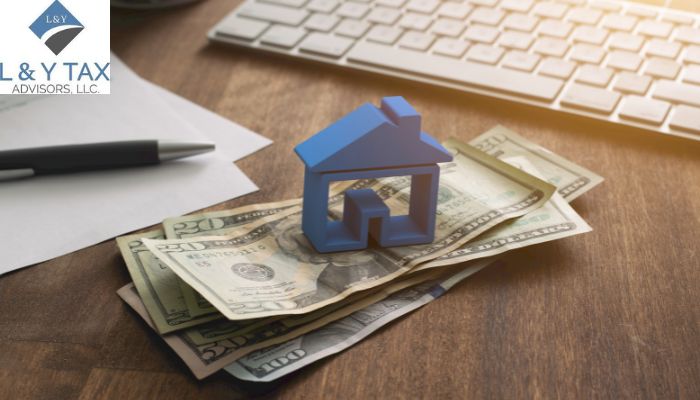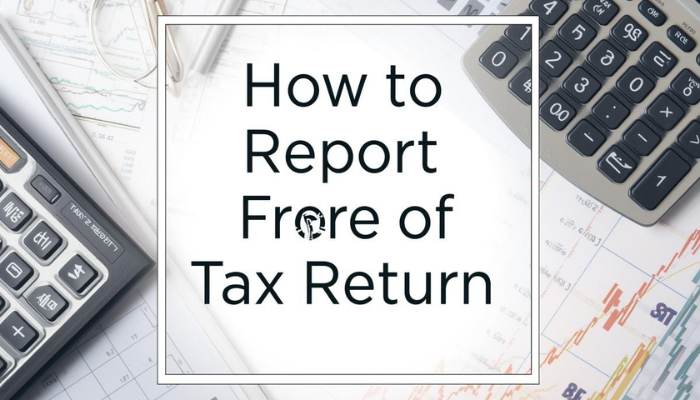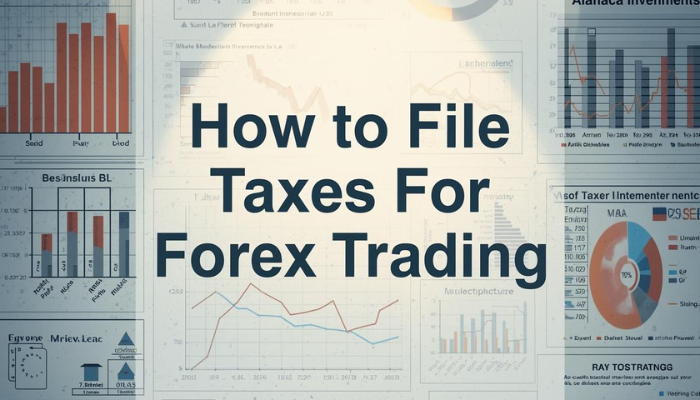
Can You Own Land Without Paying Taxes in USA?
Whether you own a small suburban lot or a large rural property, owning a property is typically associated with the American Dream. Owning a property is advantageous in several aspects. However, it comes with a few drawbacks. If you’re living in the States, you might wonder, ‘Can you own land without paying taxes in USA?’
Is Property Tax Mandatory in USA?
Property taxes are paid by everyone who owns land in the United States. Local governments’ funding of vital services largely depends on this revenue source.
- Public safety
- Roads
- Schools
Almost all landowners must pay property taxes no matter how they utilize their land. However, there may be a few exceptional cases.
Contact our tax consultancy services here.
Why Do Property Taxes Exist?
Local governments (counties, cities) impose property taxes according to the land’s assessed worth. A property’s size, location, and any changes made to it all affect its value.
The tax rate is a proportion of the assessed value. It is used to pay for essential public services in the neighborhood.
Strategies for Tax Minimization
In a few situations, land ownership can result in little or no property taxes. Even if total tax exemption is extremely unlikely:
Government-Owned Land
Property taxes do not apply to federal, state, or municipal government-owned land.
Tribal Lands
Native American reserves have their tax laws. Local property taxes do not apply to land owned by members of these reservations.
Conservation Easements
You (landowner) can be qualified for substantial property tax savings if they impose a conservation easement. It permanently limits development on your land.
Specific Use Exemptions
Some types of land are eligible for substantial discounts or exemptions from property taxes, such as land used for:
- Agriculture
- Cemeteries
- Churches
Which Exclusions Spare Landowners From Paying Taxes?
Notably, specific exclusions are specific and cannot be applied to other situations. Notwithstanding the exclusions, additional fines or land management costs will likely be assessed.
In addition to these exclusions, there are tactics aimed at reducing property tax obligations:
Appealing the Assessed Value
If you think the assessed value of your land needs to be corrected, go to the local tax assessor’s office.
Examining Tax Incentives
A few jurisdictions provide tax exemptions or credits for particular property uses, such as:
- Solar energy installations
- Historic preservation initiatives
Can You Truly Own Land in the US?
Yes!
It is lawful to own property in the US. However, possession is not absolute in its purest form. Land ownership gives rights, including:
- Possession
- Usage
- Transfer
- Exclusion
Nonetheless, property ownership is always under the control of the government. Annual property taxes are payable and zoning regulations govern land occupancy.
In addition, if equitable compensation is granted, the government can utilize eminent domain to seize privately held land for public use. Usage may also be restricted by legislation regarding the preservation of the state;s historical significance and environmental health.
Therefore, land ownership functions within legal bounds that prioritizes public welfare and regulatory compliance, even if acknowledged and protected.
Which States Have No Property Tax on Homes?
Property taxes are a significant source of local revenues. Therefore, no state in the United States eliminates the tax on residential properties. Nonetheless, some states have minimal property tax rates or considerable exclusions.
For instance, the states with the cheapest average property tax rates are:
- Louisiana
- Alabama
- Colorado
- Hawaii
The following cities do not have a state income tax. However, property taxes are applicable in:
- Florida
- Texas
- Nevada
Some states provide considerable exemptions for low-income homeowners, veterans, and retirees. Tax relief programs can significantly lessen the cost in some situations, even if no state provides a complete exemption from property taxes for all homeowners.
Is it Possible to Own Land and Not Pay Taxes?
Full exemption from property and land taxes is rare. However, emerging judicial rulings and legal protections shift the balance in favor of landowners.
A landmark US Supreme Court decision in Tyler v. Hennepin County (2023) held that regional governments cannot keep additional funds when a property is sold to satisfy unpaid taxes beyond what the owner owes.
This decision ensures property owners retain any excess after paying tax debts, strengthening Federal protections against overreach in tax‐foreclosure sales.
Additionally, many local jurisdictions have expanded or introduced tax abatements or exemptions targeting specific uses such as:
- Affordable housing
- Historic preservation
- Commercial revitalization
Do Americans Pay Land Taxes?
Yes. In almost every US state and locality, landowners must pay property or land taxes. However, there are important refinements in the imposition of these taxes and the amount actually paid.
State and local governments use these taxes as a primary funding source for public services like:
- Schools
- Roads
- Safety
- Infrastructure
However, recent policy reforms in many jurisdictions have focused on:
- Millage rollback (reducing the rate used to calculate property tax)
- Expanded tax relief for low‐income or elderly homeowners
- Neighborhood or historic tax programs that provide partial or deferred payments.
In addition, government incentive programs – such as economic revitalization zones – offer abatements that temporarily reduce or exempt taxes on:
- Certain improvements
- New construction
- Rehabilitated structure
Understanding Property Tax Deferral Programs
Although a complete property tax exemption is extremely rare, some U.S. states and local jurisdictions have property tax deferral programs where eligible landowners are permitted to defer the payments, rather than have the obligation eliminated. These kinds of programs are generally intended for seniors, veterans, and low-income homeowners who have financial problems. Landowners who’re eligible for a deferral program can put off their property tax payments until some future date, often when they sell or transfer the property, to allow them to retain ownership without being hit up right away in terms of money.
Deferral programs are subject to widely differing standards in each state and jurisdiction. Some states, for example, restrict eligibility to homeowners over a certain age or with an income below a particular level, while others provide deferrals specifically for agricultural land or historic property. Interest can also accumulate on deferred taxes in some jurisdictions; therefore, you should be well aware of the terms and possible longer-range consequences.
Landowners can make use of property tax deferral programs to better manage their flow of cash and stay financially stable, yet still pay local taxes as required. These programs offer a valid route to lessen property tax responsibilities while also safeguarding ownership.
Looking for a reliable Tax Preparer in Houston, TX? Get expert help with your tax filing, deductions, and planning. Book an appointment today!
The Bottom Line
So, can you own land without paying taxes in USA?
It is difficult to own land in the United States without paying taxes. Property taxes are an essential component of land ownership and have a big impact on how well local communities run. Anyone considering owning land in the United States must be aware of the almost universality of property taxes, even with specific exceptions and measures for reduction.Contact our tax advisory services LLC to reduce your taxation burden while staying within the IRS’s boundaries.


